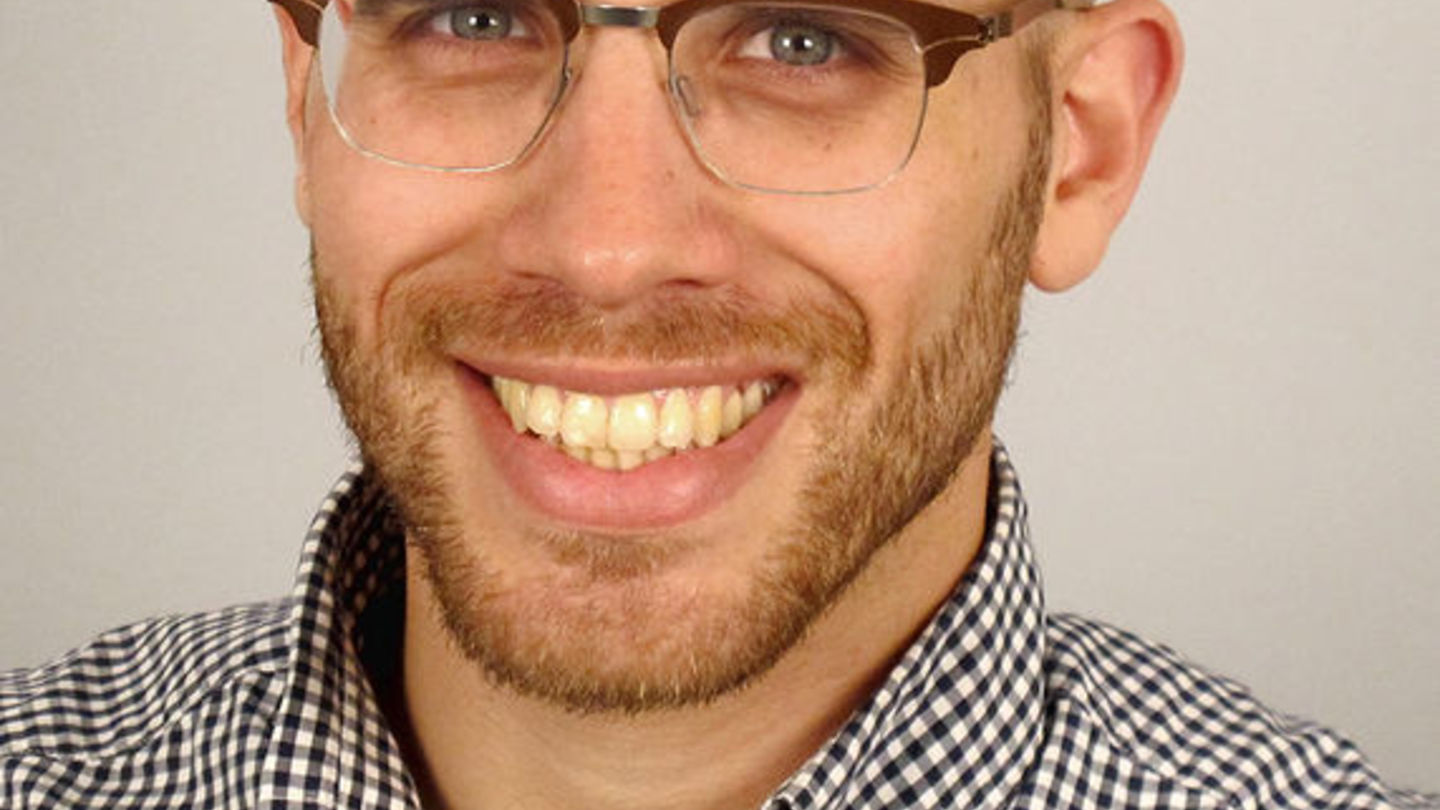
By Anna Lynn Johnson
Marketing and Public Relations Intern
Growing up in the city, Dr. Nicholas Klein observed the inequalities in transportation around him early in life.
"Seeing the problems with the transportation system in Philadelphia, I became aware of the challenges associated with the current system. Disadvantaged people are dependent on using the bus, and often times that bus system isn't great," he said. "More affluent individuals have the choice to drive, but many people don't have that option. It makes things difficult for them."
Klein has focused his research on those challenges and the inequalities often found in the foundations of the transportation industry.
"There's not one single cause of the inequality," he said. "The unequal access to transportation is a reflection of inequality in our society at large."
"Transportation," he continued, "enables people to access opportunities such as jobs, education and healthier lifestyles.
"It's how people do all those things in their lives, and it determines who has access to opportunities," he said.
This year, Klein is bringing his passion for transportation planning to Temple University as a visiting assistant professor of Community and Regional Planning.
"I like teaching," he said. "It's a way to communicate my passion about the subject matter and get students excited about urban planning."
Klein will be teaching Introduction to Transportation Planning and Introduction to Geographic Information Studies (GIS) this fall. He looks forward to bringing his experience into the classroom and educating the next generation of urban planners, he said.
Klein also has an idea in mind for his students to make real changes through urban planning projects at Ambler Campus.
"My students will be working on increasing bike access to Ambler Campus from the Ambler train station," Klein said. "Transportation is a daily thing for them, and I want to get them excited to talk about the alternatives."
Klein said his academic research goals for the year include publishing his research and obtaining funding to continue pursuing his passion.
"I want to influence policies, decision makers and planners," he said. "I want to change how people think about urban and transportation planning."
Klein continues to focus much of his research on exploring inequities in the transportation systems that many people take for granted.
Difficulties associated with public transit, such as infrequent service, costs, and public perception of safety, force many low income families to use cars as their means of transportation, he said.
Klein's research, however, has found that economically disadvantaged families, immigrants and people of color are more likely to transition in and out of car ownership. The reason behind the ownership inequality remains unclear, he added.
"We can do a quantitative analysis, ask questions about the when, where and how," Klein said, "but it doesn't answer the why question — it's only part of the story."
As a consequence of the inequalities in available transportation, the industry has been forced to adapt, Klein said. As to how things could be changed for the better, Klein has a clearer picture of the future of transportation.
"Buses and trains should be more frequent and driving should be more expensive," he said. "There are so many negative externalities of driving — pollution, safety issues and traffic. Higher costs would decrease driving and the revenue could be reinvested into public transportation."
